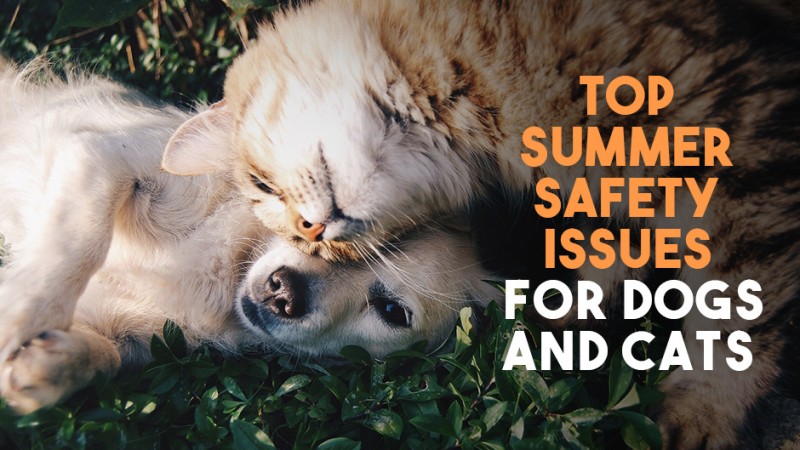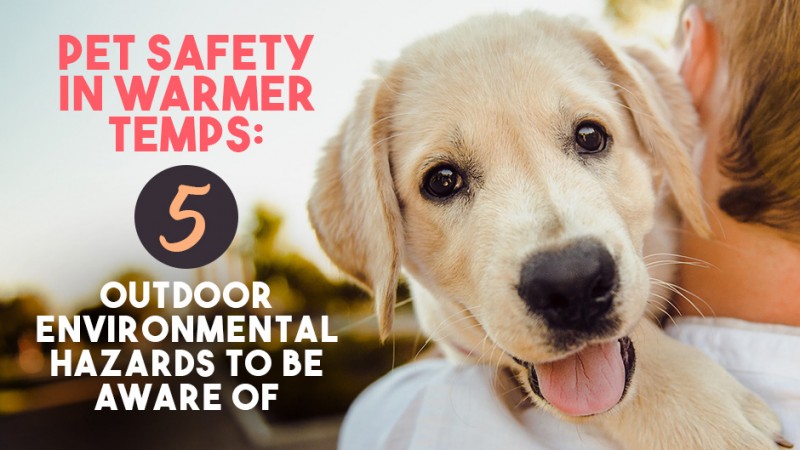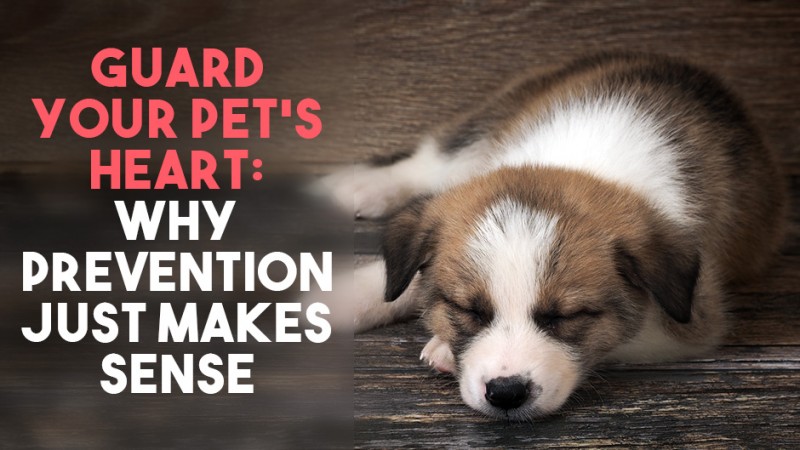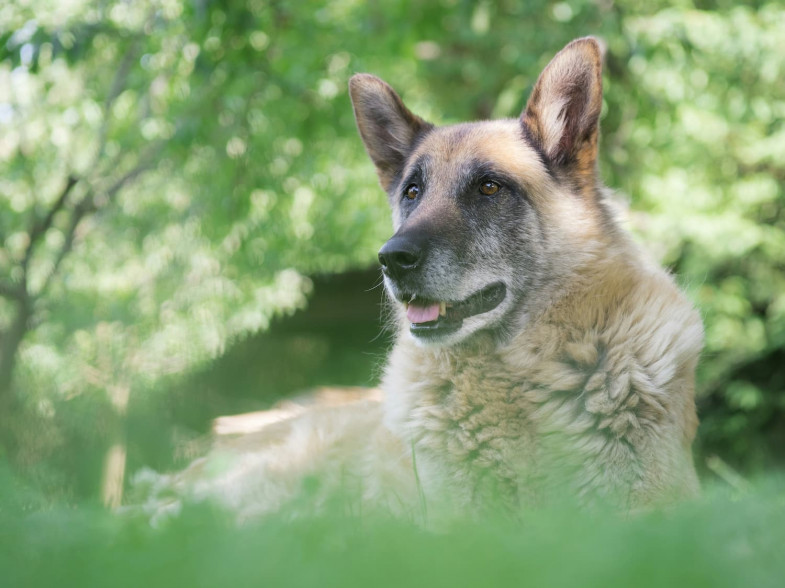Turner Veterinary Clinic News
The Top Summer Safety Issues for Dogs and Cats

Now that summer is finally here, you and your pet can spend more time outdoors enjoying all that the season has to offer. Like the other three seasons, summer presents unique safety challenges for our companion animals. The good news is that you can enjoy a wonderful summer with your pet by taking a few simple precautions recommended by our Turner Veterinary Clinic veterinarians.
Pet Safety In Warmer Temps

As a pet owner, you look forward to the warmer spring weather because it means you can finally spend more time outdoors with your furry friend. Unfortunately, it also means more exposure to environmental hazards for your dog or cat. This requires awareness of these dangers and active steps on your part to help your pet avoid them.
Guard Your Pet’s Heart: Why Prevention Just Makes Sense

The heartworm parasite presents a serious and sometimes fatal threat to companion animals. Unfortunately, it is not difficult for your pet to be infected, and it’s difficult to treat in dogs. There is no heartworm treatment for cats.
Categories
Recent Posts

When was the last time your pet saw the veterinarian for a checkup, not because they were sick, but just to stay healthy? Preventive care is one of the most important ways to give your pet a longer, happier life. It’s not about doing one big thing. It’s about the small, consistent steps that help avoid bigger health problems later on.

The holidays are full of sparkle, laughter, travel, and to-do lists a mile long. As joyful as this season can be, it often means busier schedules and less time for everyday routines. In the middle of the holiday rush, it's easy to overlook one very important family member: your pet.

If you're lucky enough to have a senior pet, you know just how special that bond becomes over time. From cozy afternoons on the couch to the look in their eyes that says, "I've known you forever," there’s a deep and quiet understanding between you. As pets get older, though, their needs change. Aging isn’t a disease, but it does require us to adapt how we care for our beloved companions.
The good news? With the right care and attention, senior pets can enjoy happy, healthy golden years. Here are seven simple but meaningful health tips to help your older dog or cat feel their best.

Has your dog seemed a little more reserved lately, or is your cat less interested in playing with their favorite toys? It can be easy to attribute these changes to aging or mood, but pets are experts at hiding discomfort. The good news is that there are plenty of subtle signals that can provide clues that your pet may be experiencing pain, and many treatment options to help alleviate this discomfort.

Did you know that pets accidentally start nearly 1,000 house fires every year in the United States? It’s a scary thought, but it doesn’t have to be a reality in your home. Our furry companions are naturally curious and love to explore their surroundings, but sometimes their adventures can put them, and your entire household, at risk. The good news? With a little awareness and a few easy changes, you can protect your pets and keep your home safe from fire hazards